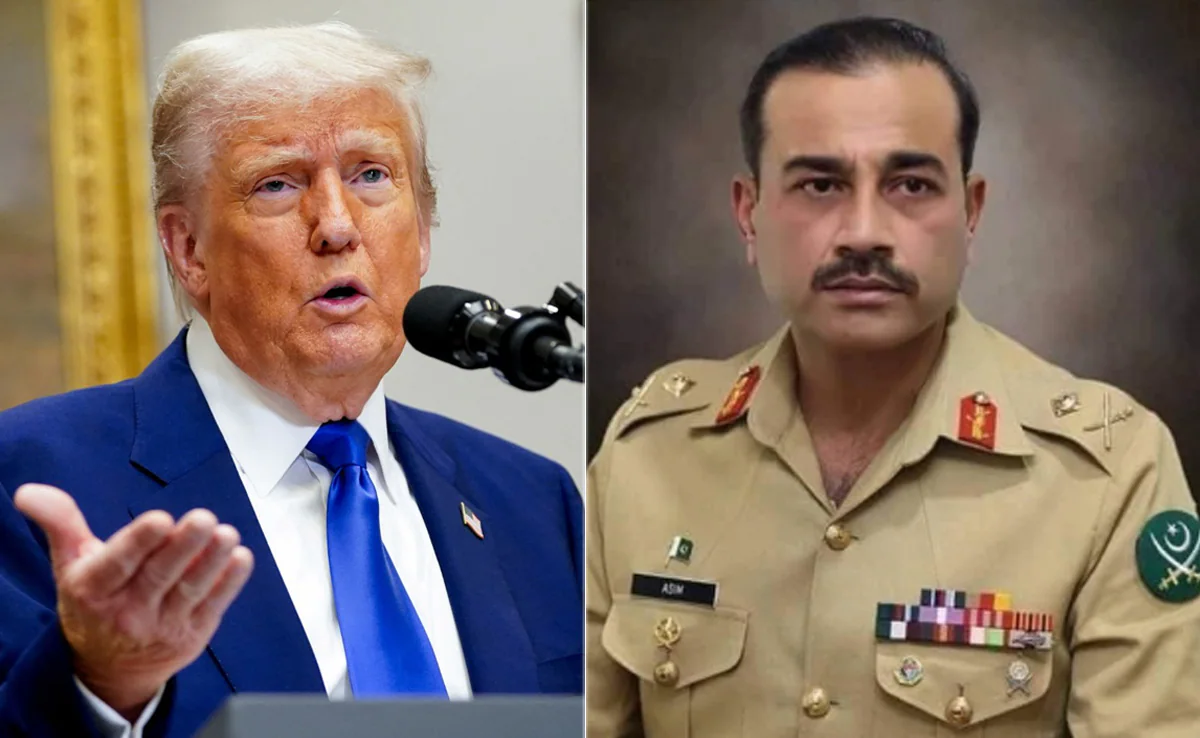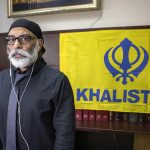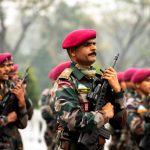In a development stirring diplomatic ripples, US President Donald Trump hosted Pakistan’s Chief of Army Staff, General Asim Munir, at the White House following Munir’s public endorsement of Trump for a Nobel Peace Prize. The Pakistani general credited Trump with preventing what he called a potential nuclear conflict between India and Pakistan during the recent military standoff in May.
The White House confirmed the meeting, with spokesperson Anna Kelly stating it was held in light of Munir’s remarks hailing Trump’s “decisive role” in halting the escalation between the two nuclear-armed neighbours.
The visit, however, comes amid strong rebuttals from New Delhi. Just hours before the meeting, Prime Minister Narendra Modi held a 35-minute phone call with Trump to clarify that the ceasefire achieved after the May 7–10 conflict was the result of direct communication between Indian and Pakistani military channels — not through any external mediation.
Foreign Secretary Vikram Misri reinforced India’s long-standing position that it does not accept third-party involvement in its bilateral issues with Pakistan. “The Prime Minister reiterated that New Delhi has never accepted third-party mediation and never will,” Misri said.
Despite India’s assertion, Trump maintained his version of events, telling reporters, “I stopped a war between Pakistan and India. They were going at it — both nuclear countries. I stepped in. I love Pakistan. Modi is a fantastic man.” Trump further praised both leaders, calling the ceasefire a collaborative success shaped by US diplomacy, though not widely acknowledged.
The brief but intense military flare-up between India and Pakistan followed the April 22 terror attack in Pahalgam that claimed 26 lives, most of them tourists. India launched retaliatory strikes on nine terror camps in Pakistan and Pakistan-occupied Kashmir under Operation Sindoor. Pakistan responded with unprovoked shelling targeting Indian civilian and military infrastructure, all of which were neutralized by India’s air defence systems.
India insists that the de-escalation was managed through existing backchannel military mechanisms and not by international intervention. Misri also dismissed any notion of a parallel US-India trade dialogue during the conflict period.
While Trump and Modi had intended to meet on the sidelines of the G7 summit in Canada, the meeting was cancelled due to Trump’s early departure amid rising tensions in the Middle East. Trump had reportedly invited Modi to visit the US on his return leg, but the Indian PM declined due to prior commitments. Instead, Modi extended an invitation to Trump to attend the upcoming Quad leaders’ summit in India later this year — an offer the US President has accepted.
The visit by General Munir and Trump’s public claims have added a new dimension to the already complex geopolitical landscape, even as India continues to maintain its firm position on strategic autonomy and non-intervention in regional conflicts.











